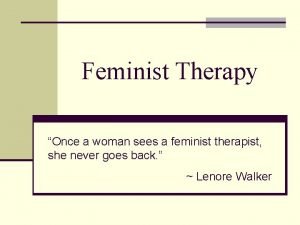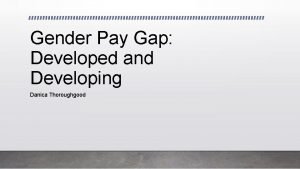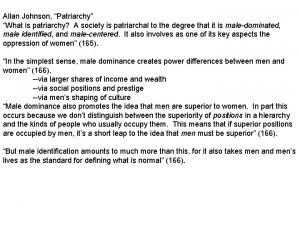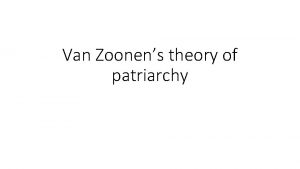Revision Topics Religion Mythology LightDark Fate Patriarchy Dramatic



- Slides: 3

Revision Topics • • Religion Mythology Light/Dark Fate Patriarchy Dramatic Structure Context Other Each topic should be one page, and could be presented in several ways: • A write-up • A mindmap • Quotes & analysis Each page should include at least 3 quotes All pages must be e-mailed to dkempner@canons. harrow. sch. uk by Wednesday, May 18 th

• Every page, along with at least 3 analysed quotes, should provide an overview of the topic, and explain: ① What is it, and how was it presented in Romeo and Juliet? ② What was its importance to the plot and characters? ③ How, if at all, did it link to theme of love/hate?

Romeo as a Shakespearean Tragic Hero WHAT IS A TRAGIC HERO? The Tragic Hero starts off as a respected and pleasant member of society, usually belonging to the high class or royalty. He bears him like a portly gentleman; And, to say truth, Verona brags of him To be a virtuous and wellgovern'd youth: Due to a tragic event (usually occurring in the climax in the third act), the Hero loses his composure, and commits an unspeakable act that changes his world forever. This day's black fate on more days doth depend; This but begins the woe, others must end. […] And fire-eyed fury be my conduct now! Now, Tybalt, take the villain back again, Towards the end of the play, the Hero has lost all common sense, and became a completely different person. The play often ends with the Hero’s tragic death, all due to his tragic flaw By heaven, I will tear thee joint by joint And strew this hungry churchyard with thy limbs: The time and my intents are savage-wild, More fierce and more inexorable far Than empty tigers or the roaring sea.





